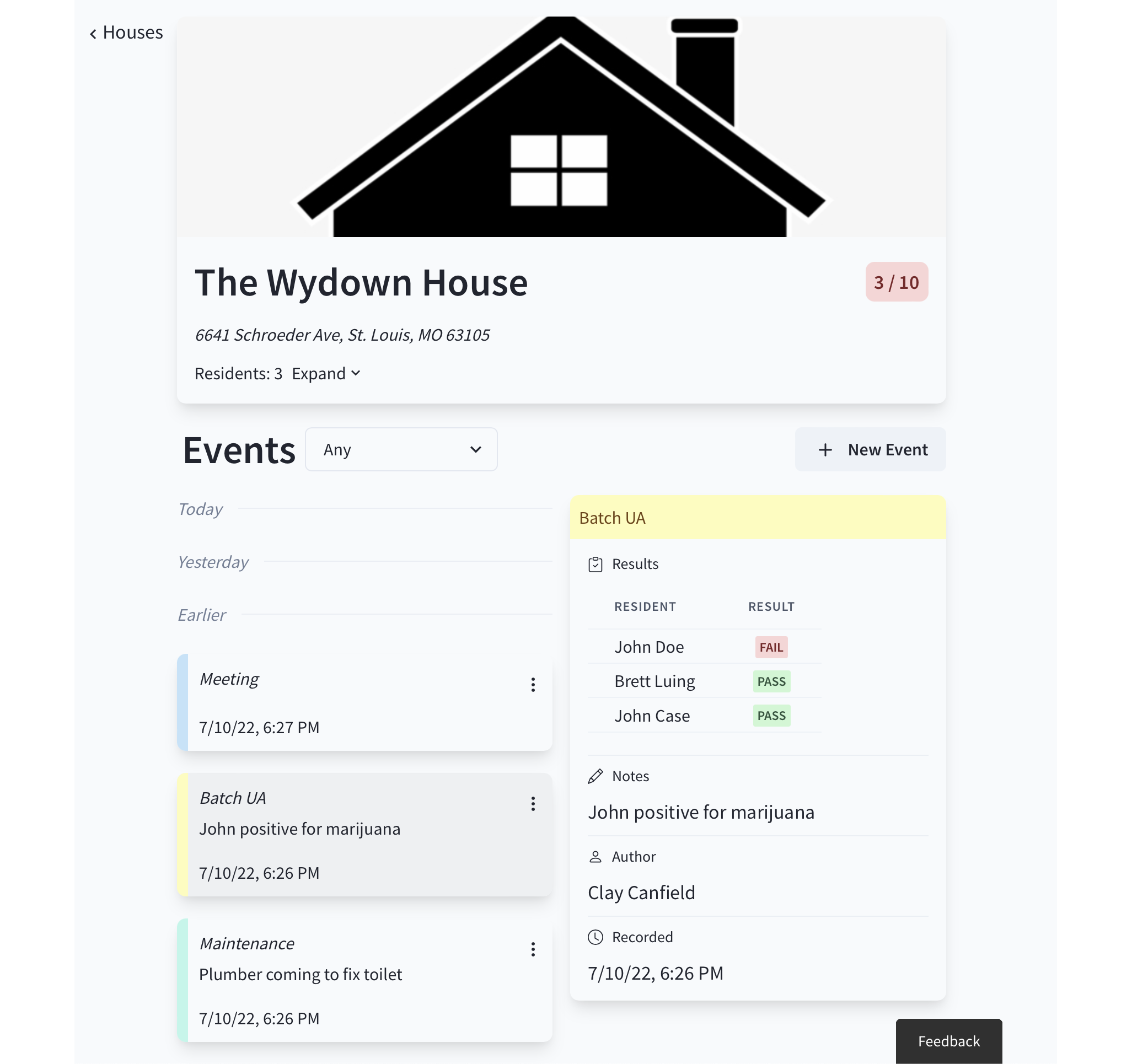How long should residents stay in Sober Living?
As long as humanely possible? Not exactly.
Long story short: the optimal amount of time to stay in a sober living environment will vary depending on the time it takes to form strong communication connections, relief from PAWS (post-acute withdrawal symptoms), co-occuring disorders, and the fact that you can actually stay too long.
So, the early stages of recovery can be challenging, and it can take time for individuals to establish a solid foundation in their sobriety. This is particularly true for those who have been struggling with addiction for a long time, as it can take time to break old habits and develop new, healthy ones. By staying in a sober living environment for at least 90 days, individuals can give themselves the time and support they need to get their recovery off to a strong start.
The Social ~ New relationships take TIME
More time in a safe place also gives people the opportunity to work on other important aspects of their recovery, such as developing new social connections and building a community which takes time.
The Scientific (PAWS)
There's of course a physical element as well, some experts siting PAWS (post-acute withdrawal symptoms) lingering on for up to 3 months post-detox! While acute withdrawal is characterized by physical symptoms such as tremors, sweating, and nausea, PAWS is marked by psychological and emotional symptoms, including anxiety, irritability, mood swings, insomnia, and cognitive difficulties. PAWS can persist for several weeks to months, or even years, depending on the substance, severity of addiction.
Staying TOO LONG
When residents become too comfortable in their sober living homes, they may develop a sense of complacency and avoid taking necessary steps to reintegrate into society. This over-reliance on the sober living community may hinder the development of crucial life skills, coping mechanisms, and self-sufficiency needed to maintain sobriety in the real world. Consequently, it is essential for individuals in recovery to strike a balance between the support they receive in sober living environments and the need to gradually reestablish their independence, fostering resilience and adaptability to navigate the challenges of a life in sobriety.
The Big Picture ~ 90 days is pretty good
By staying in a sober living environment for at least 90 days, individuals can give themselves the time and support they need to address these important issues and lay the groundwork for a successful and lasting recovery.
Shameless Plug: Keep track of your resident's average length of stay using Sobriety Hub ;)


